West Elm Plans To Double Its Fair-Trade Products By 2020
Five years ago, West Elm may have had very little idea of the conditions in the overseas factories that made its products. But by 2020, the retailer expects 40% of its items to bear the seal of Fair Trade USA, an Oakland-based nonprofit that sets responsible sourcing and manufacturing standards.
By partnering last year with Nest, a nonprofit focusing on the global artisan economy, West Elm applied fair-trade principles to handcrafted goods that can’t be mass-produced. But in announcing its latest goal last month, the company is moving to extend ethical production to much more of its business–and hoping the entire home-goods industry will follow its lead.
A Rigorous Process, Repeated At Scale
Fair Trade USA’s standards cover health, safety, and wages and require workers to form committees, which are given money by partner brands to spend on workplace and community issues. Jennifer Gootman, West Elm’s VP of Social Consciousness and Innovation, says she sees this as the program’s “distinguishing characteristic” since it requires West Elm to invest directly in the people producing its goods. By 2020, the company has pledged to deliver a total of $3 million in these premiums. Then, through the committees set up under Fair Trade USA’s auspices, “the workers themselves decide how to invest it and improve their lives and communities.” West Elm absorbs the cost of that investment rather than passing it along to customers.
At one of West Elm’s overseas bedding vendors, Gootman shared at the Fast Company Innovation Festival on Monday, workers used fair-trade premiums to set up a health clinic at their factory, and the plant’s management chose to match that funding. The clinic is now open seven days a week and sees 80–90 patients, serving the wider community of 20,000 rather than just the factory workers. Gootman sees this as a promising example of “a fund that is relatively small but can create this huge ripple in an entire community.”
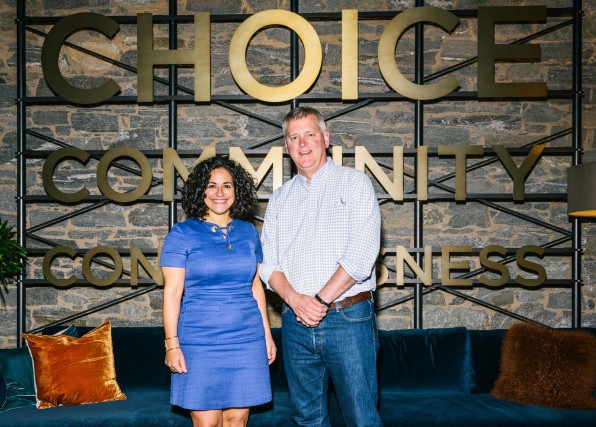
[Photo: Jonah Rosenberg]
West Elm partnered with Fair Trade USA in 2013, and the first vendor for which it secured the organization’s certification was in India, a market where West Elm’s vendors are relatively small, Doug Guiley, SVP of Global Sourcing explained. Scaling up from there, he says, hasn’t actually been that complicated. Typically, it’s just meant certifying more and bigger manufacturers in more and bigger markets.
But “not so complicated” doesn’t mean “easy.” Gootman says the fair-trade certification process can take anywhere from eight months to “upwards of two years, depending on what needs to be addressed within the factory and the larger environment.”
A single large factory in Vietnam that West Elm worked with Fair Trade USA to certify early this year boosted the percentage of fair trade products offered by West Elm from 7% to around 12%, says Guiley, who also oversees the corporate social responsibility efforts of West Elm’s parent company Williams-Sonoma, Inc.
Currently, almost 20% of West Elm products are fair trade–certified, so while doubling that figure in just over two years may sound daunting, because of that snowballing effect, Guiley says, “the path forward isn’t as challenging.”
Making Sure “Fair Trade” Remains Meaningful
West Elm’s commitment to scaling these efforts arrives at a time when the “fair trade” label may be losing some of its popular zing, despite consumers’ unflagging concern for where the things they buy come from and how they’re made.
A few years ago, research suggesting that some coffee producers’ “fair trade” initiatives weren’t lifting laborers out of poverty put some dents in the term’s appeal. So some are now looking beyond fair trade: Peet’s Coffee recently told Fast Company that the technical assistance program it developed for coffee growers was partly in response to consumers’ “fair trade” fatigue. At the same time, many (if not most) consumer brands are facing consumer demand to square their business models with the values they claim to espouse.
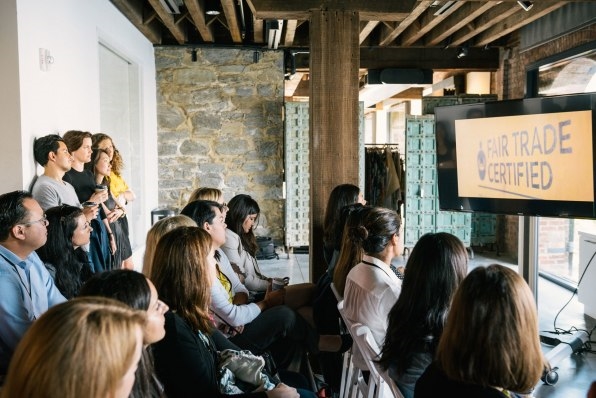
[Photo: Jonah Rosenberg]
For West Elm, that’s meant being especially rigorous in its approach to fair trade, by deferring to the third-party organization to set the bar rather than slapping an in-house label on its own goods. And for Gootman, who spent over a decade doing social-enterprise work in India, Nicaragua, and New York before joining West Elm in 2013, it also means looking for impact outside of factory walls. Going forward, the more committee-led efforts that resemble the bedding vendor’s health-clinic success, the better.
Ripples Into Waves
Since roughly 90% of West Elm products are designed in-house, the retailer has a high degree of control over its supply-chain decisions. But Guiley recognizes, too, that “most of these things we can’t accomplish by ourselves,” and making lasting change in the sector is arguably the bigger challenge. The company has joined the Sustainable Apparel Coalition to influence other brands in and outside its space. At the same time, Guiley says West Elm is hoping to set up a fair-trade coalition of fellow home-goods retailers.
But one thing is already clear to Guiley in just the past few years scaling up West Elm’s fair trade efforts with Gootman and their teams: “You don’t have to be on the policy side or implementation side to have impact,” he says.”We all have an opportunity to have impact.”
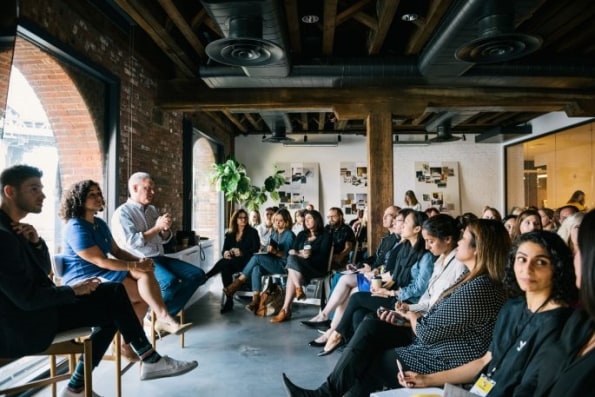
The home goods retailer recently pledged to pay $3 million in fair-trade premiums over roughly the next two and a half years. [Photo: Jonah Rosenberg]

Jennifer Gootman, VP of Social Consciousness and Innovation, and Doug Guiley, SVP of Global Sourcing, say West Elm is on track to double its percentage of fair trade’ certified products by 2020. [Photo: Jonah Rosenberg]
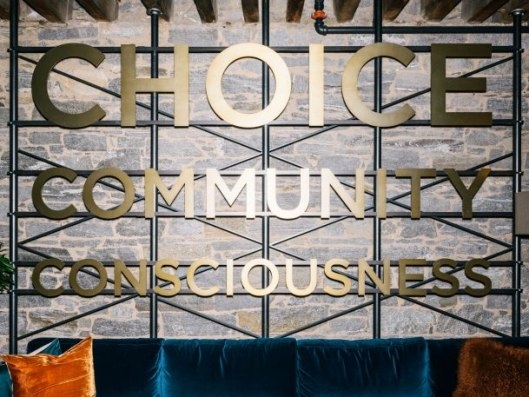
By putting fair-trade principles at the center of its business model, West Elm hopes to push the home-goods industry in its direction. [Photo: Jonah Rosenberg]
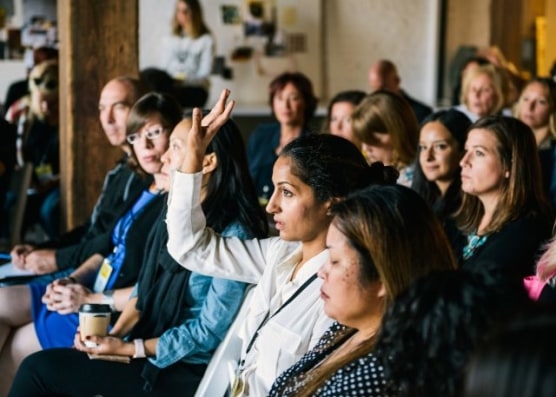
After reports that some efforts billed as ‘fair trade’; have fallen short of their goals in recent years, the pressure is on for West Elm’s program to prove it’s making an impact. [Photo: Jonah Rosenberg]

Roughly 20% of West Elm’s product assortment is handcrafted, and the retailer has partnered with other nonprofits to ensure ethical labor standards for those items, too. [Photo: Jonah Rosenberg]
Fast Company , Read Full Story
(32)












